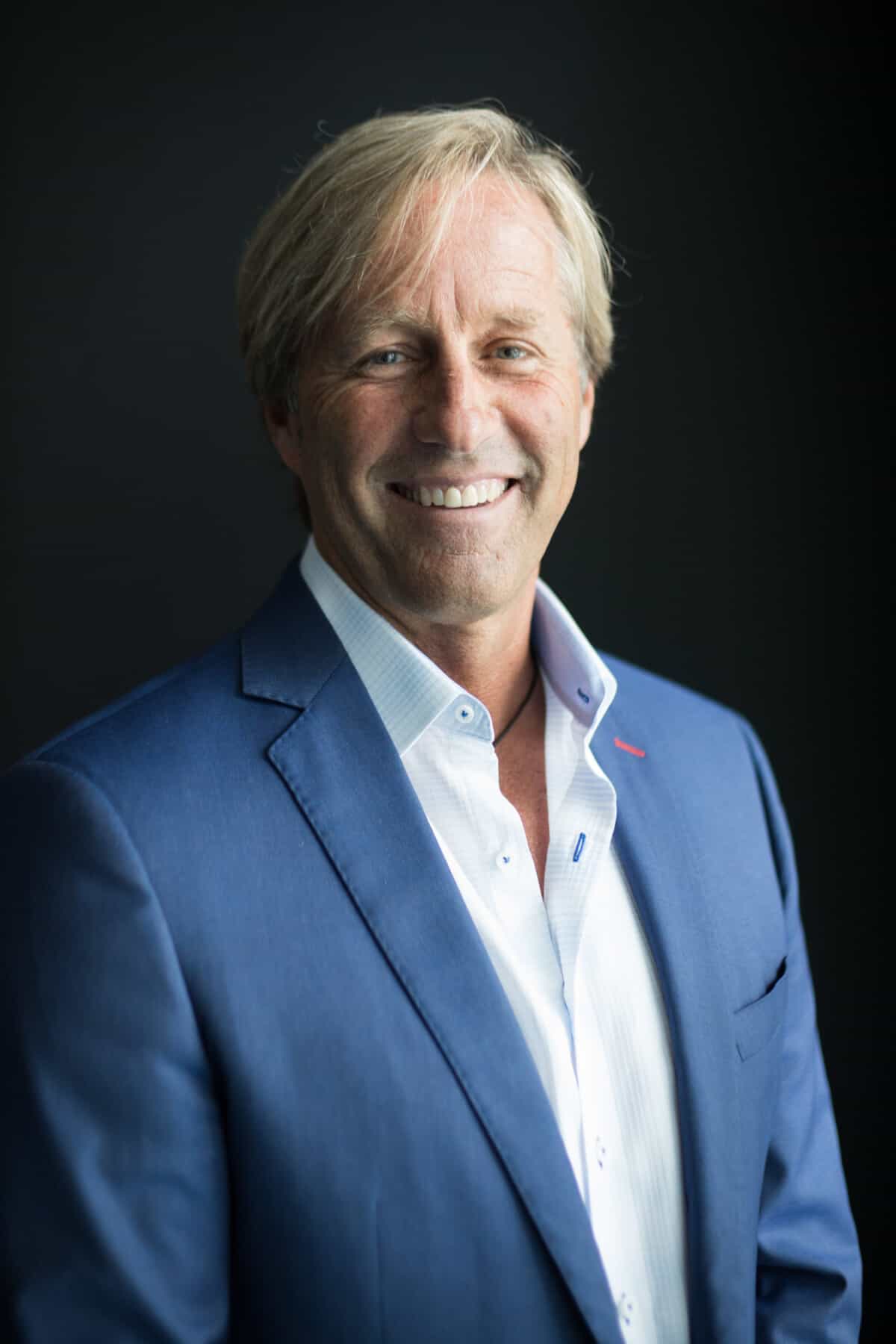Share:
In this episode we talked with Shanda Miller and discussed how supervisors can change to become super leaders.
Shanda is a champion for personal and professional development and loves to help others become successful leaders. She has 20 years’ experience leading teams in the fields of Environmental Science and Government Performance Auditing.
She is also the author of the bestselling book, From Supervisor to Super Leader: How to Break Free from Stress and Build a Thriving Team That Gets Results.
Join us as we discuss with Shanda the ways supervisors can change to become super leaders. Hear Shanda share her story of pivoting her mindset to utilize her unique personality and skills to be a super leader. Learn Shanda’s insights on how leaders should focus on the purpose of their role and the purpose of their team.
Here is a link to Shanda’s website:
https://becomeasuperleader.com/
Here is a link to Shanda’s book:
From Supervisor to Super Leader: How to Break Free from Stress and Build a Thriving Team That Gets Results
Here is a link if you want to Connect With Shanda on LinkedIn:
Shanda’s Linkedin Profile
Shanda’s Top 5
1. Leadership, it’s not about you
“Helping employees thrive and to develop and grow into high performers is my strategy and focus as a leader.” – Shanda Miller
2. The Foundation of a High Performance Team
It is good for leaders to build relationships with their team, and encouraging team members to build relationships among themselves
3. The #1 Thing That Will Distinguish You As A Leader – Purpose
Having a vision and a mission is what defines a leader – And the best way to achieve that vision is through a strategic plan that includes objectives and goals. Then, every day, based on your strategic plan, decide what is the most important thing you need to work on.
4. Poor Team Performance Doesn’t Mean You Have a Bad Team
“The truth is, it’s rare that bad performance is due to either a lack of competence or a bad attitude. Instead it’s usually due to unclear or un-communicated expectations, or a lack of training and skills.” – Shanda Miller
5. Most Feedback Is Missing One Critical Component – Expectations
Providing effective feedback begins with setting clear expectations, and all feedback should link back to a previously communicated expectation







